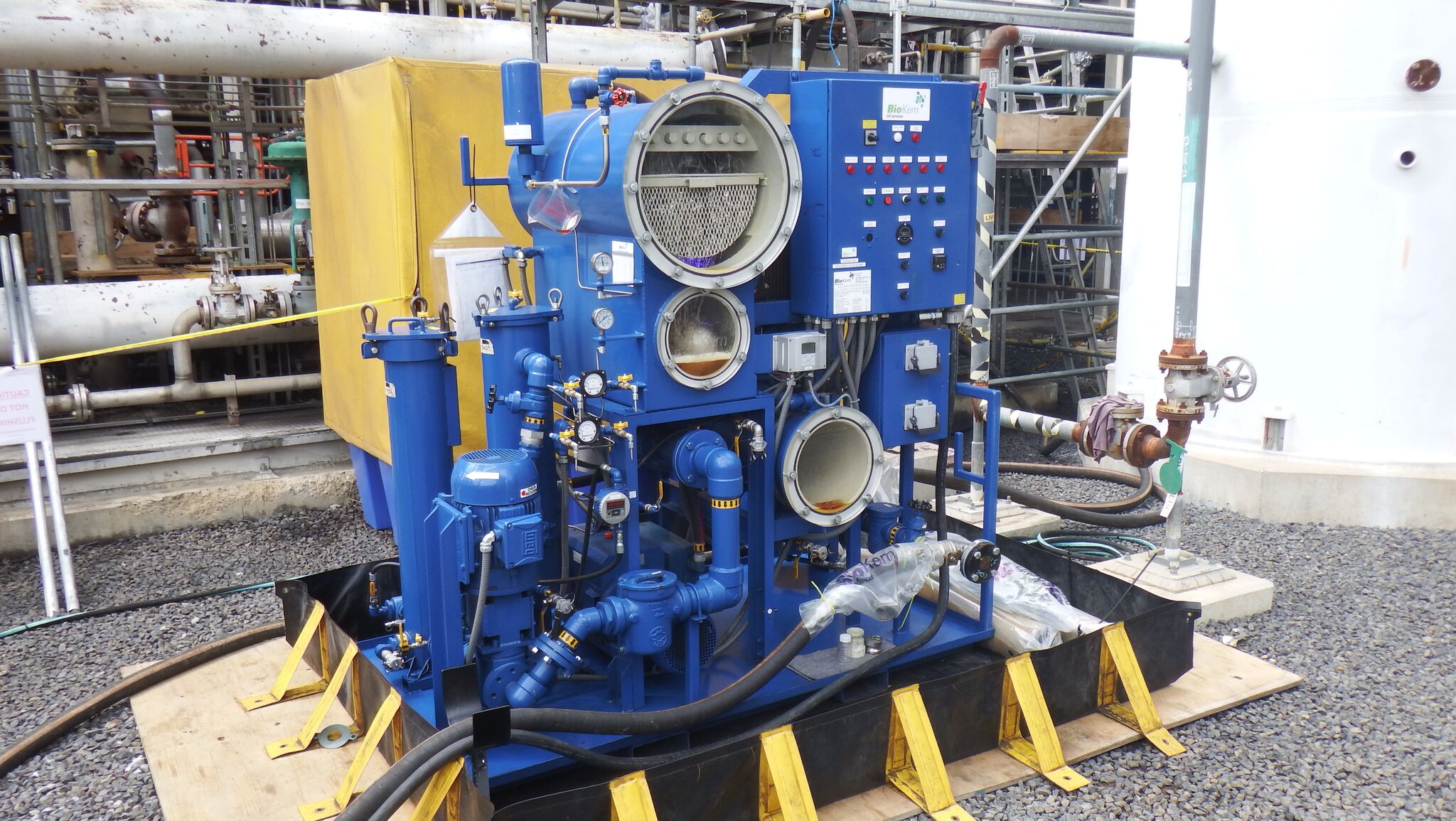Oil Purification Machines and How They Work
Pure and clean oil is essential for the proper functioning and longevity of industrial systems. Oil purification machines use various techniques to filter contaminants and improve the quality of lubricating and hydraulic oils. This article discusses how these machines work and their benefits.

Why Do Industrial Oils Require Purification?
Oils used in industrial applications degrade over time due to:
• Contamination - Dirt, dust, metal particles and other foreign materials get into the oil.
• Oxidation - Chemical reaction of oil with oxygen leads to thicker consistency and loss of viscosity.
• Breakdown - Frictional forces within machinery break down oil molecules and degrade additives.
• Water absorption - Moisture from the atmosphere is absorbed into the oil.
This oil degradation results in:
• Reduced lubrication - Thicker oils have lower lubricating ability causing equipment wear.
• Formation of varnish and sludge - Contaminants bind with oil to form deposits that damage components.
• Shorter oil life - Degraded oils need to be replaced more frequently, increasing costs.
• Machine damage - Lack of proper lubrication leads to bearing failures and part seizures.
Thus, periodic removal of contaminants and restoration of oil properties through purification extends oil life, improves machine performance and reduces operating costs.
How Do Oil Purification Machines Work?
Oil purification machine for the rust preventive oil, utilize various separation, filtration and treatment techniques to clean industrial oils:
• Centrifugal separation - Uses high-speed spinning to separate contaminants of different densities from oil based on centrifugal force.
• Depth filtration - Filters out fine particles down to 1 micron using depth filter media like diatomaceous earth.
• Electrostatic filtration - Utilizes an electrical charge to attract and capture charged particles in the oil.
• Magnetic filtration - Removes ferrous particles using powerful magnets.
• Water separation - Removes emulsified and free water from oil using coalescing, adsorbent or membrane separators.
• Chemical treatment - utilizes additives that neutralize acids, inhibit oxidation and degrade sludge within oil.
• Re-refining - Removes used oil from machinery, separates base oil from additives and regenerates usable oil.
An oil purification plant combines various techniques into an integrated system that cleans used oil through multiple stages - from filtration to dehydration and chemical treatment. Fully automated machines are also available.
Benefits of Oil Purification Machinery
The benefits of using oil purification machines in industrial operations include:
• Extended oil life - Much longer periods between oil changes saves on fluid costs.
• Improved lubrication - Cleaner, refined oil provides better lubrication and reduced wear of machinery parts.
• Enhanced oil properties - Chemical treatment restores viscosity, protective additives and anti-corrosion properties of oil.
• Reduced sludge formation - Removal of water and contaminants that cause varnish and sludge deposits prevent damage to components.
• Increased productivity - Cleaner oil leads to fewer machine breakdowns and unscheduled downtime.
• Environmental sustainability - Opportunities for re-refining and reusing purified oil rather than disposing it off.